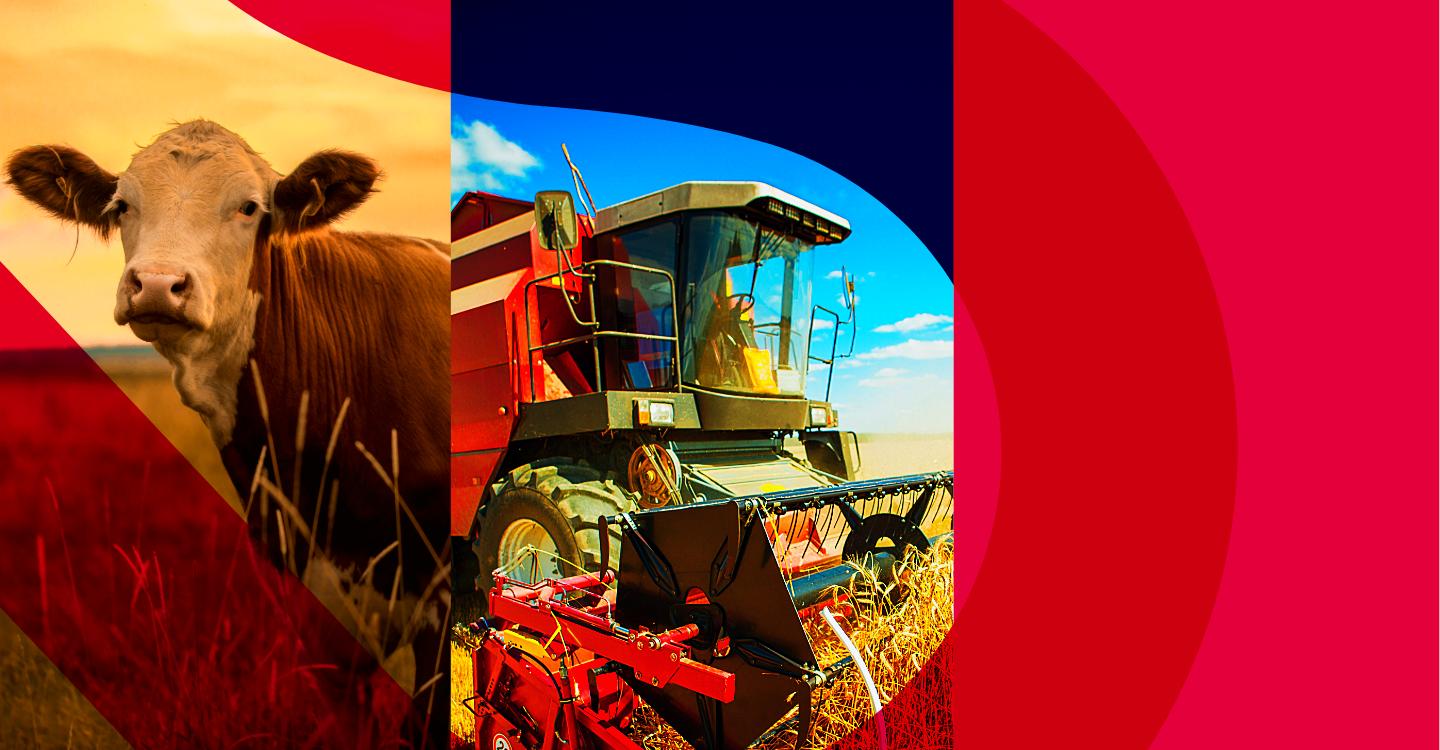Linsey Barclay-Smith
- Partner

Recent figures from NFU have revealed that the cost of Rural Crime in Scotland increased by approximately 35% in 2023 compared to the previous year; with rural crime costing the UK an estimated £52.8m in 2023, up from £50.6m the previous year.
The sharp rises in inflation in 2023, regrettably made farm equipment an attractive target for thieves.
Rural properties have also been targeted by criminals intent on stealing everything from bicycles in the garden shed to the lead on the church roof, which is especially concerning for those who live in isolated areas where access to immediate help may not be readily available.
It is also reported that criminals are becoming more sophisticated and organised. Thieves have been known to target several farms in one night, using GPS to locate high value equipment such as tractors and combine harvesters. However, the theft is not just limited to vehicles; in one case, the thieves stole wall sheeting from a storage building at a Berwickshire farm business, in order to steal GPS units from parked tractors. Quad bikes and all-terrain vehicles are also top targets for thieves, with thefts up 9% to an estimated £3.2m in claim costs reported to NFU Mutual in 2023. The sad truth is that farmers are now being advised to remove and securely store GPS equipment at night, an inconvenient process that can wear out the units due to the frequent disconnecting and re-connecting of the wiring. Worse still, there have then been reports of farms being targeted again in the weeks after the initial theft so that the criminals can steal replacement equipment.
Livestock and pet thefts are also on the rise, with distressing consequences. Animals worth an estimated £2.4 million were injured or killed in dog attacks across the UK in 2023, an increase of nearly 30% from the previous year. Some incidents involve livestock and horses being attacked and maimed in their fields, adding to the emotional toll on farmers and their families.
The problem is that it is not only the practical issues that ensue after thefts and the resulting inconvenience, but the impact of these crimes also leaves farmers and their families feeling vulnerable and unnerved. It is undoubtedly true that in some cases criminals are watching farms, staking them out, and targeting farmyards which are often just a few feet from the family home.
In Scotland, the Scottish Partnership Against Rural Crime (SPARC), a multi-agency effort involving key organisations, has been set up to try to prevent and tackle rural crime, in particular, the increasing threat posed by serious organised crime groups throughout Scotland. SPARC says they are committed to listening and being visible and that they understand local and national concerns. They aim to reduce any perceived fear of crime whilst promoting a culture in which individuals can prosper.
In addition, Scotland’s Rural Crime Strategy was launched at this year’s Royal Highland Show and farmers can join Rural Watch Scotland. The Rural Crime Strategy sets out seven priorities for SPARC and includes action plans for some of the agencies involved in SPARC, to ensure these priorities are tackled.
The priorities are:
SPARC acknowledge that there are particular challenges in tackling criminality, and that the cost, extent and social impact of crime in rural areas is underestimated, under-reported and not fully understood.
However, despite the grim statistics, awareness is growing and there is help available.
If you find yourself concerned or affected, get in touch with Linsey Barclay-Smith at linsey.barclay-smith@andersonstrathern.co.uk.